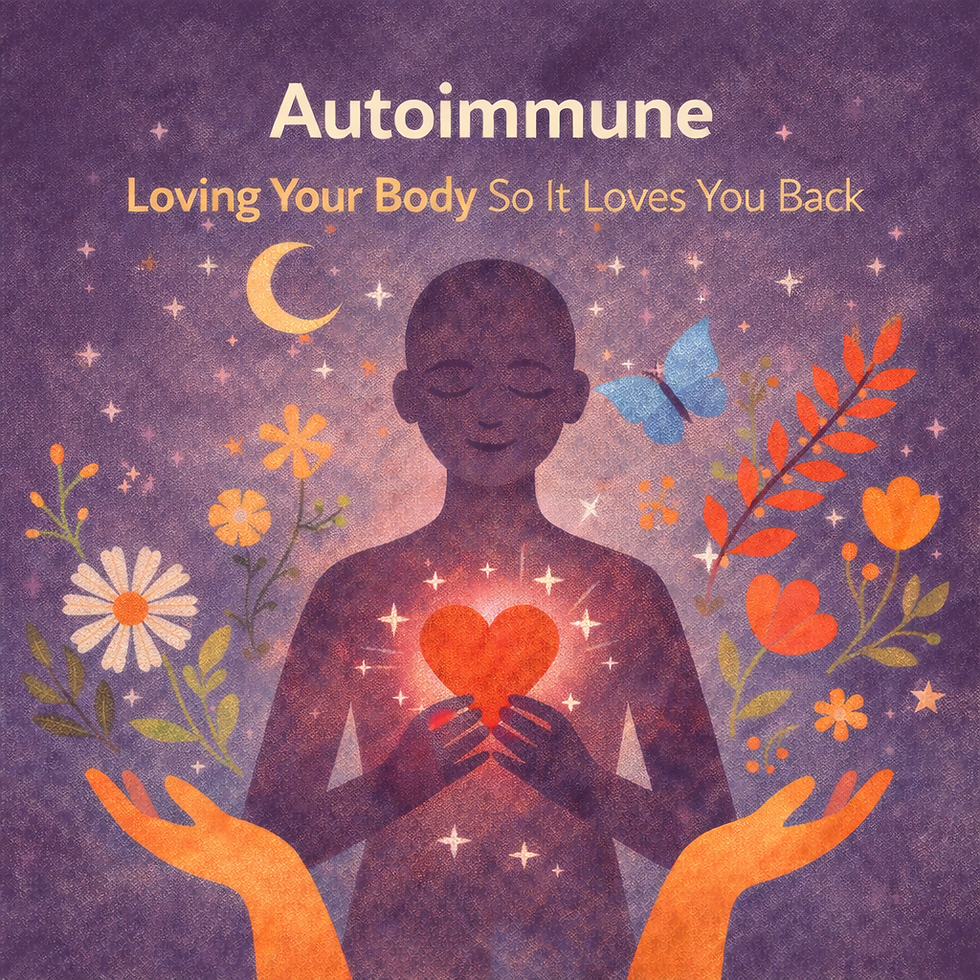Conquering Your Mountain Of Stress
- Dr. Joshua Beaudry
- Oct 20, 2025
- 2 min read

Visualize a mountain — tall, rugged, and unrelenting. You’re standing at the base of it, staring up at its jagged peaks. It feels impossible to climb.
That’s what stress can feel like. Whether it’s life’s challenges, health struggles, or emotional burdens, your mountain may seem insurmountable. But here’s the truth: you don’t have to scale it all at once.
The key to conquering your mountain of stress is simple — focus on the next right step. One step at a time, the climb becomes manageable.
The Three Types of Stress
1. Physical Stress
These are the tangible, bodily triggers like:
Falls, injuries, or repetitive strain
Bacterial or viral infections
Mold or fungal exposure
2. Chemical Stress
Toxins enter through what we eat, breathe, and touch:
Pesticides and preservatives in food
Environmental pollutants
Medications and chemical exposure
3. Emotional Stress
This is the most common — and often the most destructive.
Persistent worry and overthinking
Unresolved emotional trauma
Repetitive, low-grade mental stress you can’t escape
What Stress Does to the Brain
When stress hits, your prefrontal cortex — the part responsible for logic, focus, and calm — loses blood flow and power. Your cerebellum weakens, and your brainstem takes over, locking you in fight-or-flight mode.
You may notice:
Muscle tension
Faster heart rate
Shallow breathing
Digestive upset
Poor sleep
Sweaty hands or cold feet
These are your body’s built-in stress alarms — signals that your nervous system needs help regulating.
Steps to Overcome Stress
You can retrain your brain and body to shift out of survival mode. Here’s how:
Neurologically-based Chiropractic Adjustments: Quickly interrupt the stress response and restore balance between the brain and body.
Vagal Nerve Stimulation: Helps the nervous system relax and reset.
Laser Therapy (Brain-Based): Promotes calm and improves blood flow to important brain regions.
Breathwork: Box breathing or slow belly breathing lowers stress hormones and activates the parasympathetic system.
Supplements: Support blood sugar balance, oxygen levels, and adrenal health.
Movement & Exercise: Gentle activity enhances oxygen flow and stabilizes mood.
The Path Forward
Stress doesn’t have to control your life. When you understand your triggers, support your nervous system, and take one step at a time, you move from survival to stability — and eventually to freedom.
There is hope. Your mountain is climbable.
If you’re ready to take the next step, contact us today to set up your initial examination or join us at an upcoming workshop.
Life Springs Family Chiropractic – Denver, CO
Call/Text: (303) 770-0605



